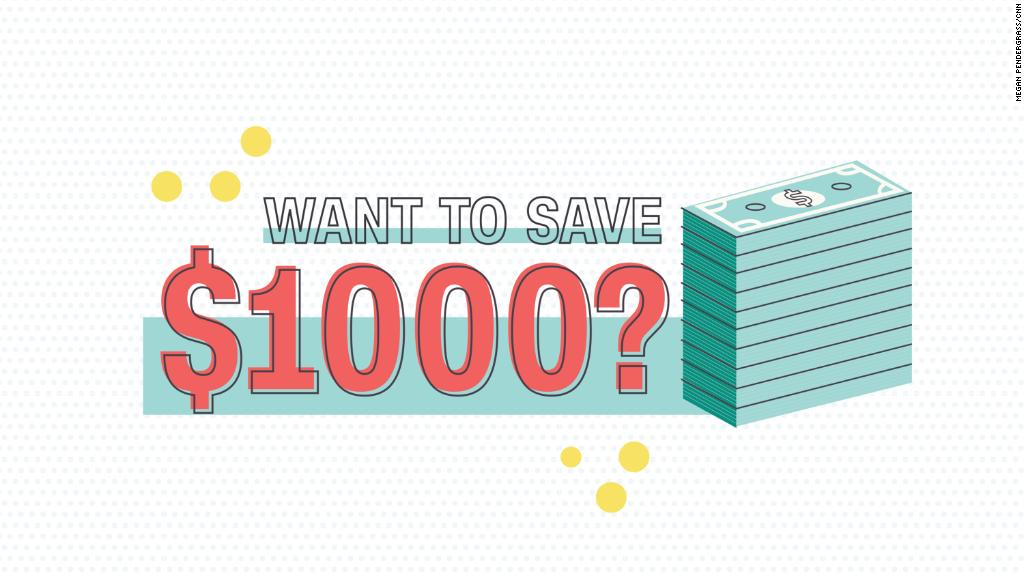
Have you missed payments on your loans? Do you pay your credit card late? Are you carrying big balances? Have you ever filed for bankruptcy?
You could have bad credit.
Bad credit is a signal to lenders that you're unlikely to pay back your debts. Credit rating agencies Equifax, Experian and TransUnion assign you a credit score based on your financial history. Anything over 700 is generally considered good.
But a credit score below 600? That's "bad credit," according to Douglas Boneparth, a financial advisor with Bone Fide Wealth.
What's so bad about bad credit?
Credit cards, mortgages, and bank loans can be hard to come by with a low credit score.
A credit score of under 600 can take a lot of the best rates off the table, according to Boneparth. Sometimes you won't be able to get a credit line altogether and some of the most popular cards, including the Chase Freedom, Bank of America Premium Rewards and Citi Double Cash cards would be more difficult to get with a bad score.
You'll pay higher interest rates and premiums on financial transactions. That translates to higher costs for you.
It's not uncommon for interest rates on credit cards to reach as high as 22% and auto loans to reach 15%.
"These higher interest rates can add up to thousands of dollars," says Ashley Dull, a finance vertical manager at Digital Brands, Inc.
Auto insurance also relies on credit scores, which are used to set rates in many states. Lower credit scores lead to higher premiums.
Employers won't hire you and landlords won't rent to you with a history of bad credit.
By federal law, an employer can look at your credit history, which shows debt, loans, credit accounts, and much more. A survey from the Society for Human Resources Management, a network of HR professionals, found that 47% of employers conduct credit checks.
As more employers are checking credit histories, Dull says that financial irresponsibility may put an applicant at a disadvantage when stacked up against others with similar qualifications. Zoe Argento, an employment and labor lawyer with Littler Mendelson, agrees -- to an extent.
"This tends to be more likely in the case of a job that involves significant fiduciary responsibility, for example, signing authority on the company's bank account," says Argento.
She adds that if an employer is considering not hiring someone because of his or her credit history, the employer has a responsibility to provide notice and a copy of the report. More often than not, however, employers just use a credit history to verify your education and work background. Landlords do the same to determine whether you'll be able to make next month's rent.
What can I do to fix this?
It'll take more than one missed payment to get slammed with these financial setbacks. However, a pattern of missing payments, maxing out credit cards, and living beyond your means can set you back quite a bit, especially when you're in your 20s and trying to make a life for yourself.
A bad credit score doesn't have to follow you around like the plague though, it can be remedied.
"The best advice I can give anyone to maintain a good credit score is to always, always pay your bills on time," says Dull.
The length of your credit history will impact your score, so applying for a new card to shop for the holidays may not be the best move. Those with longer credit histories tend to have higher scores.
The amount of money you charge on a credit card also makes a difference. Start living within your means by establishing a budget, according to Andrea Woroch, a money saving expert. Keeping your credit usage low typically leads to higher scores than maxing out cards.
"A credit card can help you build credit, but it's important that you don't abuse it," says Woroch. "You should never use more than 30% of your available credit. Once you go beyond this percentage, your credit score will be negatively impacted."

